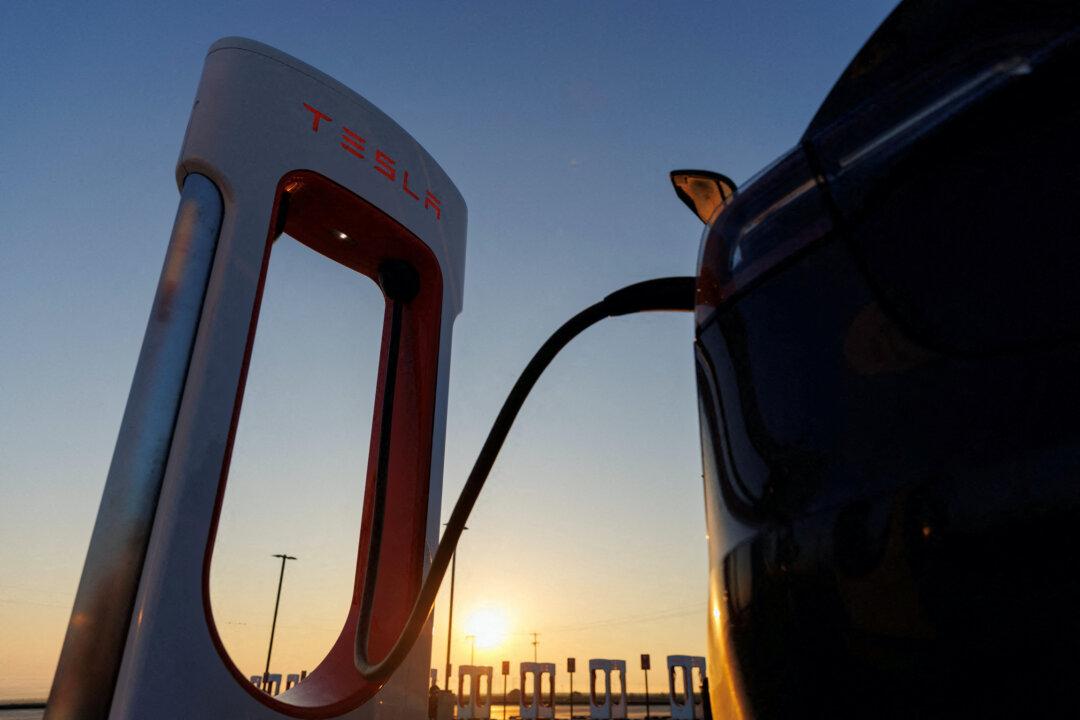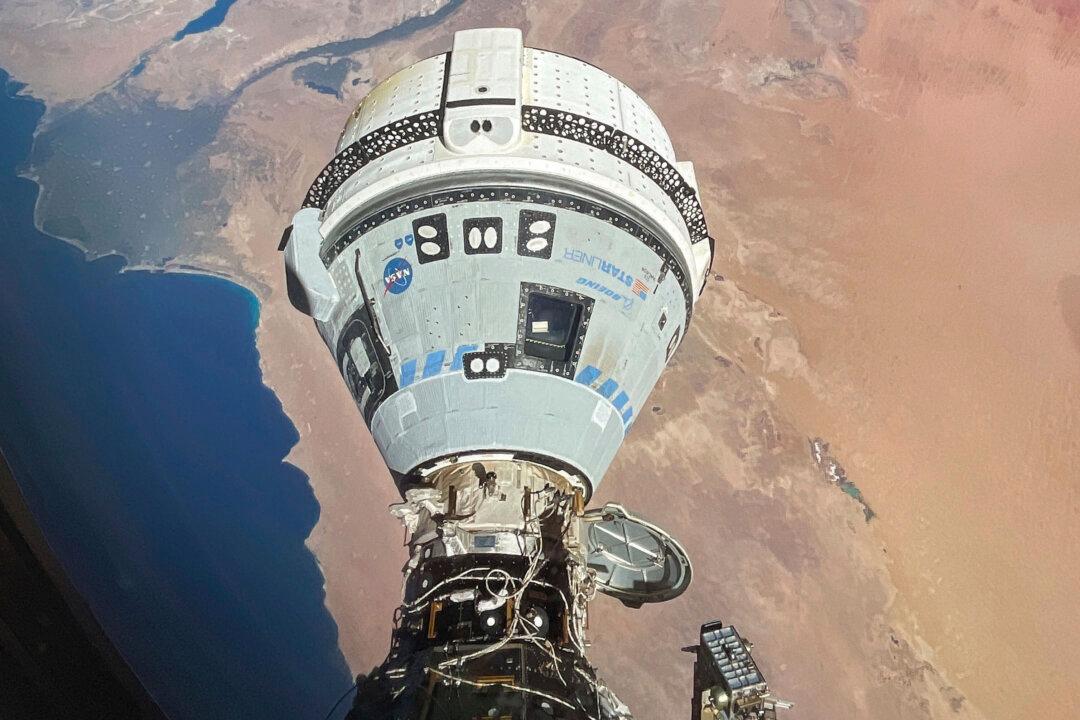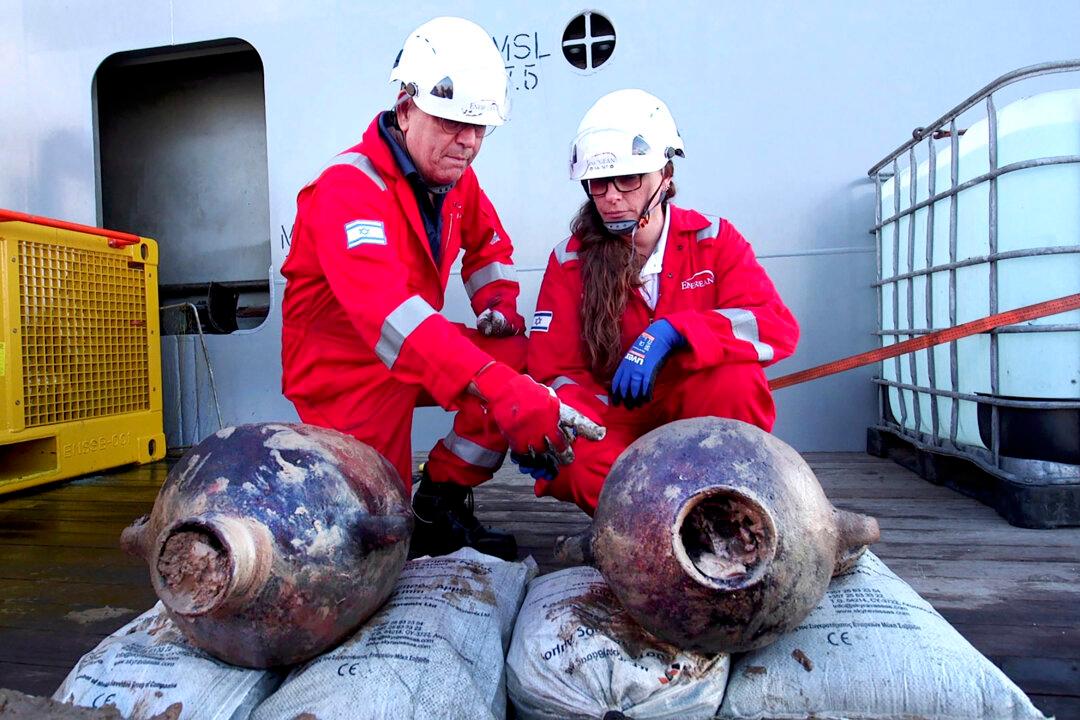The Biden administration announced final new rules shaping the electric vehicle (EV) landscape Wednesday, with a $7.4 billion investment in EV charging, while EV maker Tesla is opening up proprietary charging stations to all.
The White House announced in a press release that $7.4 billion of the federal budget will be allocated for EV charging and hydrogen corridor infrastructure across 23 states, with the goal being making long-distance traveling and charging an electrical vehicle easier.





